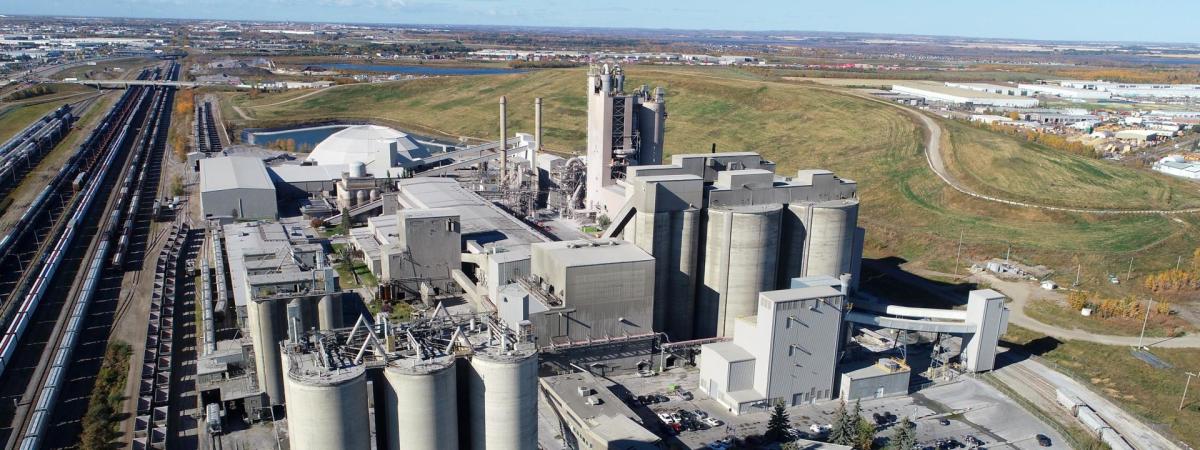HeidelbergCement and Equinor sign a memorandum of understanding on CO2 capture and storage
On 05.09.2019, the Chairman of the Managing Board of HeidelbergCement, Dr. Bernd Scheifele, and the state-owned Norwegian energy Group Equinor signed a memorandum of understanding on the capture and storage (CCS) of CO2 at an international energy conference in Oslo.
Since 2011, HeidelbergCement’s Norwegian subsidiary Norcem has been running a project dedicated to CO2 storage in the cement industry at its Brevik cement plant. The CCS project “Northern Lights”, which includes the project at the Brevik cement plant, has been initiated by the Norwegian government in three different industry sectors. According to the plan, the captured CO2 emissions are to be transported to empty oil and gas fields beneath the North Sea beginning in 2023 and stored there permanently. The Norwegian government shortlisted Brevik for an industrial-scale CO2 capture trial at the start of 2018.
The memorandum of understanding signed with Equinor is a further step towards realising this CCS project. The agreement also includes the intention to examine the possibility of capturing CO2 at other HeidelbergCement plants for storage within the Norwegian continental shelf. Additionally, both companies will work on optimising the CO2 transport chain and strive to implement CCS as a Europe-wide solution for CO2 disposal.
“At our Brevik cement plant, we have shown that we are able to capture carbon dioxide at an industrial scale,” says Dr. Bernd Scheifele. “Our CCS project is currently the most technically mature in the cement industry. We plan to capture around 400000 t of CO2 per year at Brevik, which corresponds to around 50 % of the plant’s total carbon emissions. For us, CCS – alongside our measures for reducing CO2 emissions – is another important element in our vision of CO2 neutral concrete production by 2050.”
HeidelbergCement is set to reduce its specific net CO2 emissions per tonne of cement by 30 % compared to 1990 levels by 2030. This target has been approved by the Science Based Target initiative (SBTi) and is in line with the goals of the Paris Agreement, making HeidelbergCement the first cement company worldwide to have approved science-based CO2 reduction targets. By 2018, the company had already achieved a reduction of 22 %. HeidelbergCement will realise its vision of carbon neutral concrete – at the latest – by 2050.
//www.heidelbergcement.com" target="_blank" >www.heidelbergcement.com:www.heidelbergcement.com



